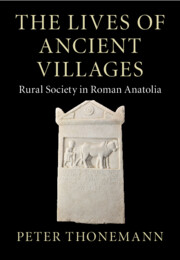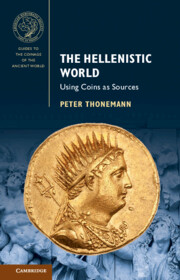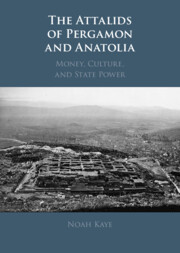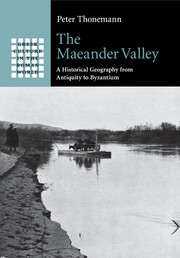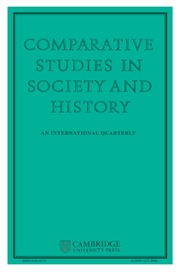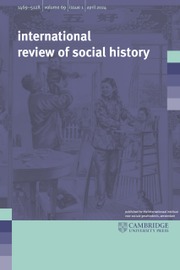The Lives of Ancient Villages
Our conception of the culture and values of the ancient Greco-Roman world is largely based on texts and material evidence left behind by a small and atypical group of city-dwellers. The people of the deep Mediterranean countryside seldom appear in the historical record from antiquity, and almost never as historical actors. This book is the first extended historical ethnography of an ancient village society, based on an extraordinarily rich body of funerary and propitiatory inscriptions from a remote upland region of Roman Asia Minor. Rural kinship structures and household forms are analysed in detail, as are the region's demography, religious life, gender relations, class structure, normative standards and values. Roman north-east Lydia is perhaps the only non-urban society in the Greco-Roman world whose culture can be described at so fine-grained a level of detail: a world of tight-knit families, egalitarian values, hard agricultural labour, village solidarity, honour, piety and love.
- Offers the most detailed analysis of an ancient kinship system ever attempted for a Greco-Roman society outside Classical Athens
- Includes both quantitative and qualitative analysis of a large and tightly defined body of epigraphic evidence
- Written in engaging and lucid style, with all Greek texts translated and numerous illustrations
Reviews & endorsements
'In The Lives of Ancient Villages Peter Thonemann has turned to the remains of villages in one particular part of what is now Turkey … What we find here, he suggests, has important implications for our understanding of Roman power in the area, of family relations and the diversity of Roman imperial culture - and of what the empire felt like from the bottom up.' Kate Cooper, Times Literary Supplement
‘Peter Thonemann has written a highly innovative book in a style that is accessible and even entertaining for the non-specialist as well as insightful and stimulating for the expert. His results establish a completely new basis for all those who are interested in rural Asia Minor. But the importance of the book goes far beyond the regional context. It is a case study of high quality that will be valuable for all those who investigate questions of demography, kinship relationships, household structures, rural society, and religious history of the Roman imperial period.’ Christof Schuler, Bryn Mawr Classical Review
‘This is a remarkable and an important book. … it is a stroke of luck for classical studies and a real broadening of its horizons.’ Frank Daubner, Orbis Terrarum
Product details
November 2022Adobe eBook Reader
9781009302067
0 pages
20 b/w illus. 50 colour illus. 2 maps 10 tables
This ISBN is for an eBook version which is distributed on our behalf by a third party.
Table of Contents
- 1. Hieradoumia
- 2. Commemorative cultures
- 3. Demography
- 4. Kinship terminology
- 5. Household forms
- 6. The circulation of children
- 7. Beyond the family
- 8. Rural sanctuaries
- 9. Village society
- 10. City, village, kin-group.

